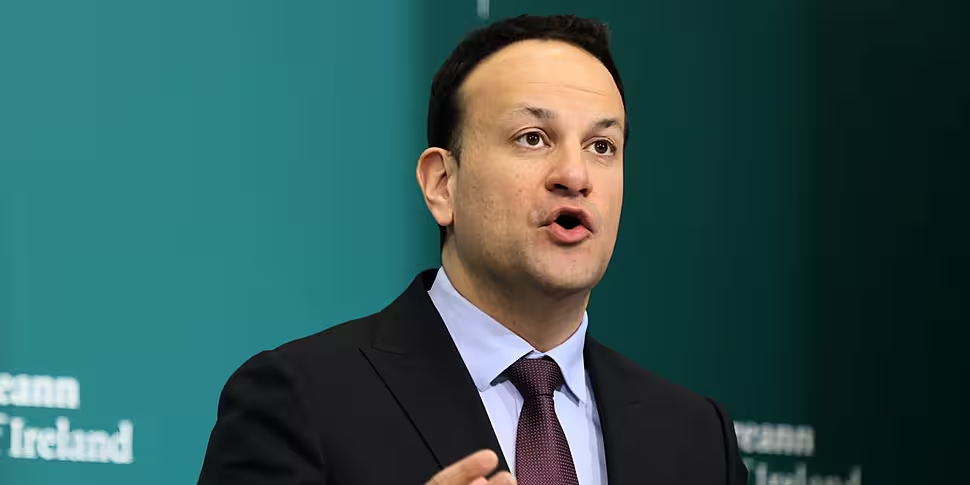The Cabinet has approved an 80c increase in the national minimum wage.
The rate will be €11.30 an hour from January 2023.
It is part of a move towards a living wage by 2026 - which will be set at 60% of the median income in Ireland.
Tánaiste Leo Varadkar said the minimum wage increase will be part of a package of supports for low earners in the budget.
Tánaiste Leo Varadkar confirming Cabinet has approved an 80c increase in the minimum wage effective Jan 2023. Will be about €1,600 a year for those on 39 hours a week. At least 170k people will benefit, he says pic.twitter.com/PkNZHhHoHX
— Seán Defoe (@SeanDefoe) September 14, 2022
"That works out at an extra €31 a week, an extra €120 a month or more than an extra €1,600 a year.
"So we hope that this increase - which is the largest single increase in the minimum wage since it was invented - will go in some way to help those on low pay with the rising cost of living", he said.
Earlier the CEO of ISME, Neil McDonnell, said this was not the way to fix the cost of living crisis.
He told Newstalk Breakfast: "Increasing wages, increasing the minimum wage, isn't the solution to a cost of living crisis.
"Employers are not going to be able to bridge this gap".
He said: "What this will actually cause, come the 1st of January... as we drive up wages via the national minimum wage, unfortunately the outcome of that for a lot of workers will be reduced hours".
He added that the solution for all workers lies in tackling "the cost of living - most particularly the cost of housing.
"And we need to build, and stop objecting to building locally".
Additional reporting: Jack Quann









